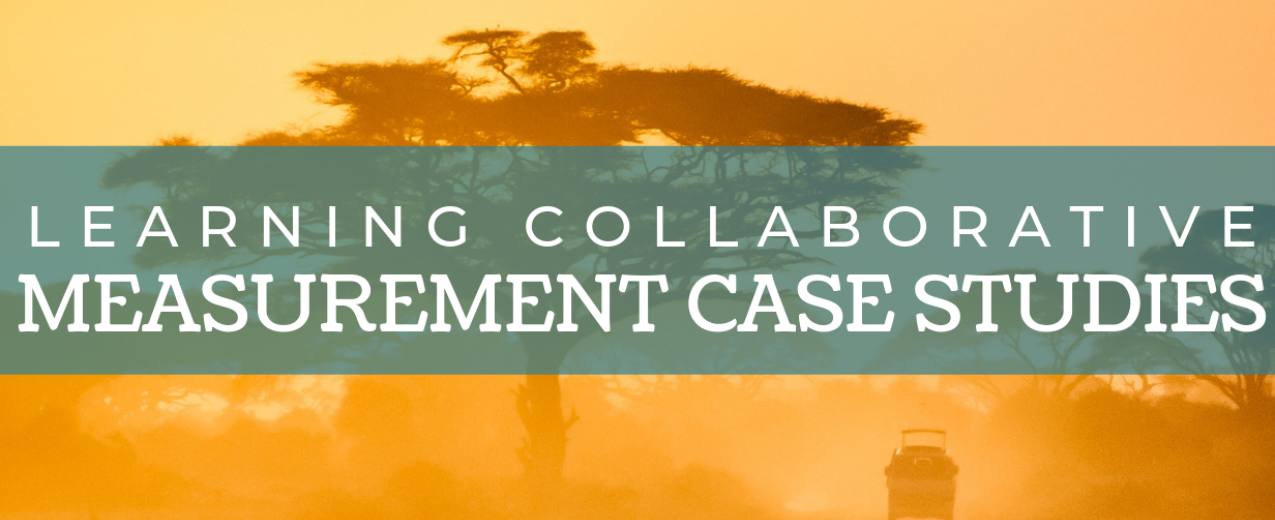
- Project summary
- 14 January 2021
Biruh Tesfa (Bright Future)
- Author: Rebecca Justus
- Published by: Social Norms Learning Collaborative
Organizations involved
Population Council
Summary
Biruh Tesfa (Bright Future), a program from the Population Council (2006-2020), mobilized out-of-school adolescent girls in urban slums in Ethiopia. The program worked primarily with rural-to-urban migrants and child domestic workers, providing them with adult female mentors and offering education on HIV and AIDS and related issues, as well as non-formal education and links to health services. Biruh Tesfa aimed to provide these girls with the education, resources, and skills they need to increase literacy and numeracy skills and improve their health and wellbeing.
Social norms of interest
Gender norms regarding schools; marital norms; stigma related to HIV; family planning
Behaviors of interest
HIV knowledge; use of social networks; use of health services
Project components
Biruh Tesfa took place in safe spaces: locations where girls are respected and where they can develop life and livelihood skills, friendships, and peer support networks, as well as receive support and education from trusted female mentors. Mentor-led safe spaces met up to 5 times a week, and girls were recruited via a house-to-house recruitment method.
Social norms measurement
IDIs with same sex interviewer; baseline and endline surveys
Key findings to date
Girls in the program sites were more than twice as likely to report having social support as girls in the control site. They were also twice as likely to score highly on HIV knowledge questions, to know where to obtain voluntary HIV counseling and testing, and to want to be tested compared to girls in the control site. After adjusting for background factors, we found that girls who had never attended school in the project site had significantly higher literacy scores than did control girls. At endline, girls in the project site were 1.6 times more likely to have used a health service in the past six months than those in the control site
With support from DFID’s Girls’ Education Challenge, the program is now scaling up as “Biruh Tesfa for All” to reach even more girls. The program aims to reach 10,500 additional girls living in modern slavery, including forced domestic servitude, girls who are trafficked, and girls living with disabilities in Addis Ababa, Bahir Dar and Shashamene. Birhu Tesfa is part of the Population Council’s portfolio of comprehensive, girl-centered programs, also including Berhane Hewan (“Light for Eve”) and Meseret Hiwott (“Base of Life”).

Back to the "Map of social norms-focused interventions and research"
- Countries / Regions:
- Ethiopia